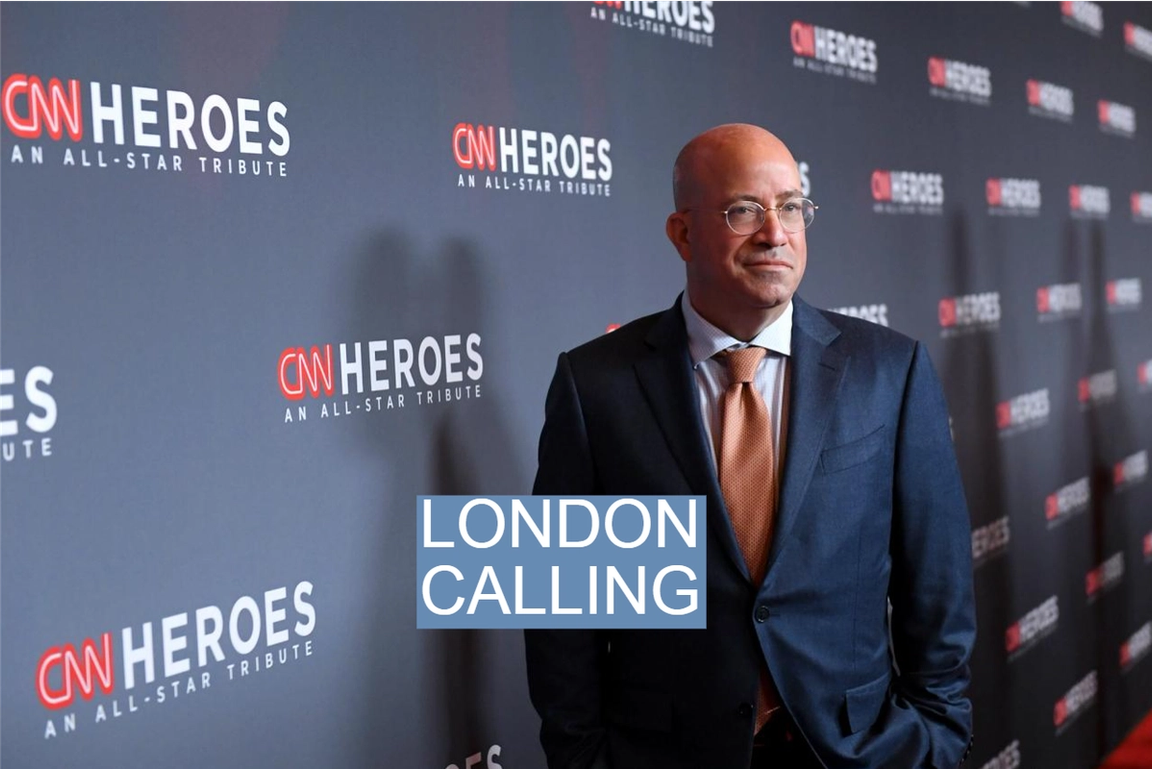 ✦ MarketingAbout that chart: TalkingPointsMemo founder Josh Marshall drew attention last week with a chart showing his revenue from programmatic advertising dropping from $1.7 million in 2016 to $75,000 last year. It seemed like a stark illustration of the declining digital media business. But it was a dramatic oversimplification. It’s true that programmatic advertising has failed to provide publishers the kind of revenue print ads did in the good old days. And TPM, like other publishers, faced flattening ad rates, declining traffic from social media, and advertisers who steer away from news, often in favor of garbage “made for advertising” sites.  But TPM responded — reasonably — to the shifting ecosystem by pivoting to subscriptions and putting up a paywall, reducing traffic and ad impressions. The drop in ad revenue is a feature, not a bug, of that strategy. Meanwhile programmatic ad rates, for instance, have actually increased — modestly — over the period that Marshall’s chart covers. “No one who has shared this tweet or chart understands it!” groused the former Gawker and Hearst exec Ryan Brown. “The money is still there,” said Foster Kamer, another online media veteran who is the editor-in-chief of Futurism and who told Semafor the TPM post is “sensationalist bs.” “Posting a chart of your programmatic going down as evidence of media dying is like posting a chart of your net worth going down as evidence that the dollar doesn’t go as far. There, uh, may be other factors involved!” There’s a deeper truth here that programmatic advertising commoditized and devalued quality, while Facebook and Google swallowed the old advertising revenue that supported news. Now programmatic ads can support only very modest investments in journalism. But it’s never as simple as viral charts suggest.  Selling Jesus: Has anyone else noticed the Christian marketers are on a roll? From that attention-getting Super Bowl spot — which landed directly on the cultural divisions every other admaker was desperately avoiding — to this New York City subway campaign for a Bible app, that’s some good creative. It helps, as they say, to believe in the product. In defense of DEI: The PR maestro Richard Edelman calls on companies to defend DEI: “Diversity [and] inclusion is a bottom-line benefit.” ⁋ PublishingLetter to the editor: Some staff at The Wall Street Journal are frustrated that the paper’s leaders have not signed on to an open letter condemning the deaths of dozens of journalists in Gaza. Earlier this month, the Committee to Protect Journalists published a letter saying that reporters covering fighting in Gaza are noncombatants and need to be protected by Israeli authorities operating in the region. “Those responsible for any violations of that longstanding protection should be held accountable,” the letter said. “Attacks on journalists are also attacks on truth.” The letter received widespread support, garnering signatures from top editorial figures at The New York Times, The Associated Press, ABC News, the BBC, CBC News, and the Washington Post, among others. But the Journal’s name was absent. According to one person familiar with the situation, Journal editor-in-chief Emma Tucker presented the letter to publisher Almar Latour, who declined to sign it. The paper has told staff that the Journal has a longstanding policy of not signing letters, though some frustrated staff privately noted to Semafor that the paper had signed onto a similar CPJ letter calling for Russia to release Journal reporter Evan Gershkovich, who has been held in Russia for nearly a year. — Max Tani Power lunch RIP: Air Mail takes a clinical look at Michael’s, the last ’80s media power lunch spot that’s still hanging on, and muses that “the media power lunch always towered over the rest. The crowd had better clothes, bigger personalities, a higher tolerance for alcohol, more creative and interesting work, and a higher proportion of women, balancing out the gender makeup of the dining room. Every big media center had a media power lunch, but nobody did it quite like New York, the media center of the universe.” Newsletter hire: The former WSJ EIC Matt Murray will be a contributing editor to John Ellis’ excellent subscription newsletter News Items — motto: “interesting, important, or both” — which was an inspiration for some Semafor products. Good trend: The culture writer Sarah Hepola will be writing a column in her hometown Dallas News. ☊ Audio Drudged: “Why did he turn so hard against Trump in 2020?” Megyn Kelly asks Chris Moody and Jamie Weinstein of their new podcast about Matt Drudge. The mystery man himself has questions, but no answers. ⁜ TechMicro news: Veterans of Gizmodo and CNET are set to announce tomorrow the launch of Micro Center News, an online reviews arm of the tech retailer Micro Center. Former Gizmodo EIC Dan Ackerman tells Semafor he will be leading the site and bringing on a team of in-house content creators and contributors from publications including CNET, WSJ, Gizmodo, WIRED, and The Verge. New York News Ежедневно: The New York Times finds a new wave of fake, Russian-backed sites. ⁛ NewsEvery web editor’s nightmare: Washington Post reporters were briefly frustrated after the paper’s content management system crashed on Thursday night in the moments after the State of the Union, according to someone familiar with the outage, causing internal panic and preventing the paper from updating its SOTU pieces for hours. Dept. of Capitalism: Much mirth in the finance press at a New York Times article that referred to “cash-like assets called capital,” a novel and inaccurate definition of a foundational term. Quoth the FT’s Sujeet Indap: “🧐🧐🧐” Free Evan: Time’s Charlotte Alter reports that Russian President Vladimir Putin “is wary of making an exchange that might be seen as a victory for Biden.” Congo case: Congolese authorities are seeking to jail Stanis Bujakera for 20 years in a case over an article in the influential regional publication Jeune Afrique that implicated military intelligence in the slaying of an opposition politician — an article editors say he didn’t actually write. The Committee to Protect Journalists is pressing for his release. Stalin’s media management: A New York Review piece on the challenges of covering Russia includes this recollection from a foreign correspondent in the Stalin era: “Many correspondents do not leave the hotel for weeks in winter but rely on secretaries and newspapers. Secretary orders breakfast in the morning, arranges pillow under your head while you eat it, shops for cigarettes and vodka, translates, interprets, teaches you Russian and sometimes goes to bed with you. In exchange the correspondent brings back titbits from the dining room—bread, cake, cheese and meat.” ⁌ TVProxy wars: Britain’s telecoms regulator, Ofcom, ruled in favor of Iran International, an independent TV outlet backed by Saudi figures, against Al Jazeera. A pro-regime academic claimed in a live interview with the Qatar-backed global network that “these Persian media channels like BBC Persian, VOA, Iran International, and other outlets … encourage the murder of police officers.” The broadcast was “unfair or unjust,” Ofcom found. | 








